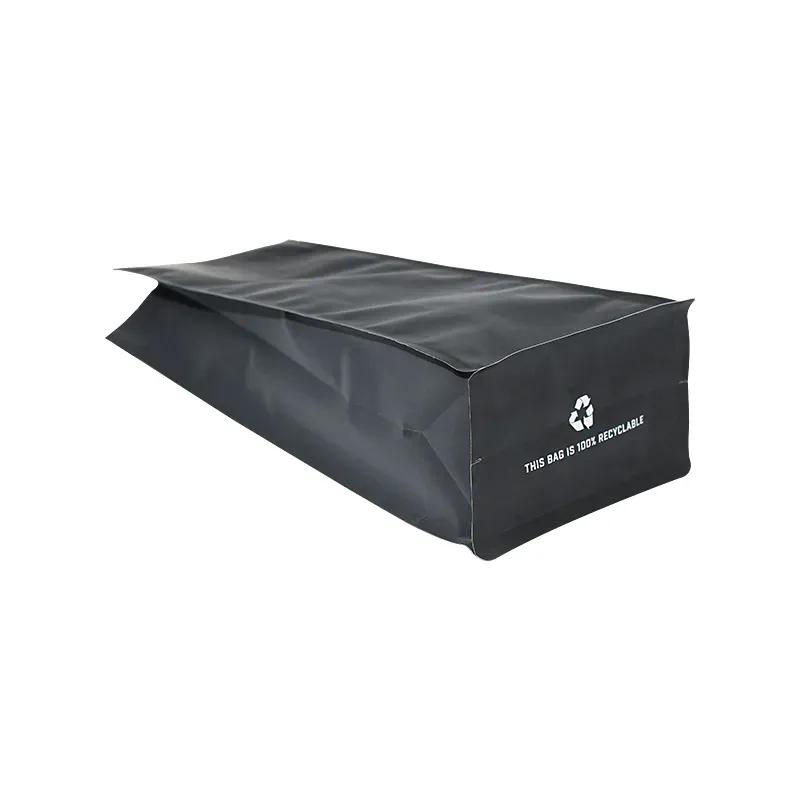- Afrikaans
- Albanian
- Amharic
- Arabic
- Armenian
- Azerbaijani
- Basque
- Belarusian
- Bengali
- Bosnian
- Bulgarian
- Catalan
- Cebuano
- chinese_simplified
- chinese_traditional
- Corsican
- Croatian
- Czech
- Danish
- Dutch
- English
- Esperanto
- Estonian
- Finnish
- French
- Frisian
- Galician
- Georgian
- German
- Greek
- Gujarati
- haitian_creole
- hausa
- hawaiian
- Hebrew
- Hindi
- Miao
- Hungarian
- Icelandic
- igbo
- Indonesian
- irish
- Italian
- Japanese
- Javanese
- Kannada
- kazakh
- Khmer
- Rwandese
- Korean
- Kurdish
- Kyrgyz
- Lao
- Latin
- Latvian
- Lithuanian
- Luxembourgish
- Macedonian
- Malgashi
- Malay
- Malayalam
- Maltese
- Maori
- Marathi
- Mongolian
- Myanmar
- Nepali
- Norwegian
- Norwegian
- Occitan
- Pashto
- Persian
- Polish
- Portuguese
- Punjabi
- Romanian
- Russian
- Samoan
- scottish-gaelic
- Serbian
- Sesotho
- Shona
- Sindhi
- Sinhala
- Slovak
- Slovenian
- Somali
- Spanish
- Sundanese
- Swahili
- Swedish
- Tagalog
- Tajik
- Tamil
- Tatar
- Telugu
- Thai
- Turkish
- Turkmen
- Ukrainian
- Urdu
- Uighur
- Uzbek
- Vietnamese
- Welsh
- Bantu
- Yiddish
- Yoruba
- Zulu
Innovative Makeup Packaging Solutions for Modern Beauty Brands
The Evolution and Importance of Makeup Packaging Companies
In the dynamic world of cosmetics, makeup packaging is not merely a container for products but an essential component that influences consumer perception, brand identity, and marketing strategies. The makeup packaging industry has witnessed significant evolution and growth, driven by changing consumer preferences, sustainability demands, and technological advancements.
Understanding Makeup Packaging
Makeup packaging companies specialize in creating containers, boxes, and other forms of packaging for cosmetic products such as foundations, lipsticks, eyeshadows, and skincare items. Effective packaging does more than protect the product; it also serves as a critical brand ambassador, conveying messages about quality, luxury, innovation, and sustainability.
The Role of Packaging in Branding
The packaging of a cosmetic product can significantly affect a consumer's purchasing decision. A beautifully designed package attracts attention on crowded shelves, while poor packaging can lead to overlooked products. Prominent makeup brands like Fenty Beauty, Dior, and Kylie Cosmetics emphasize packaging that not only looks appealing but also reflects the brand's ethos. For instance, Fenty Beauty utilizes minimalist yet striking packaging that aligns with its mission of inclusivity and modern beauty.
Moreover, packaging communicates essential information about the product, including usage instructions, ingredients, and brand story. As consumers become more informed about what they put on their skin, transparent and informative packaging has become paramount for brands wanting to build trust and authenticity.
Sustainability in Makeup Packaging
In recent years, there has been a significant shift towards sustainability in the cosmetic industry. The increasing awareness of environmental issues has prompted consumers to seek out brands that prioritize sustainable practices. Makeup packaging companies are responding by investing in eco-friendly materials, such as glass, recycled plastics, and biodegradable options.
Brands like Too Faced and Lush are leading examples in sustainable packaging solutions. Too Faced has initiated efforts to reduce waste by using recyclable materials, while Lush is well-known for its naked products that eliminate packaging altogether. The commitment to sustainability not only appeals to conscious consumers but also enhances a brand's reputation and marketability.
makeup packaging companies

The Technological Impact on Packaging
Technological advancements also play a significant role in the makeup packaging industry. Innovations in design technology have led to unique, customizable packaging options that allow brands to differentiate themselves in a crowded market. 3D printing, for example, enables companies to create intricate designs with speed and precision, reducing time-to-market for new products.
Additionally, smart packaging technology is on the rise, where packaging is designed to provide consumers with interactive experiences. For instance, some brands are integrating QR codes that lead to tutorials, ingredient sources, or sustainability efforts. This interaction enhances the consumer experience and builds a deeper connection between the brand and its customers.
Challenges Facing Makeup Packaging Companies
Despite the many advancements and opportunities in the makeup packaging sector, companies face numerous challenges. One major challenge is balancing aesthetics with functionality. Packaging must not only be visually appealing but also practical and user-friendly. It should be easy to open, dispense, and close while ensuring that the product remains protected and has a long shelf life.
Cost is another significant factor that packaging companies must navigate. With the pressure for sustainable options and innovative designs, finding cost-effective solutions can be a daunting task without compromising quality.
Moreover, regulatory compliance is essential. Cosmetic packaging must adhere to strict regulations regarding safety, labeling, and environmental impact which can vary by region. Companies must stay informed and adapt to these regulations to avoid penalties and maintain credibility.
Conclusion
The role of makeup packaging companies in the beauty industry is multifaceted and increasingly important. As consumer demands evolve toward sustainability and innovation, these companies must strive to offer solutions that align with these values. Going forward, the packaging will continue to be a pivotal element in shaping brand identity and influencing consumer choices, underscoring the significant role these companies play in the broader context of the beauty industry. By embracing creativity, sustainability, and technology, makeup packaging companies will continue to thrive and contribute to the market's dynamism.













